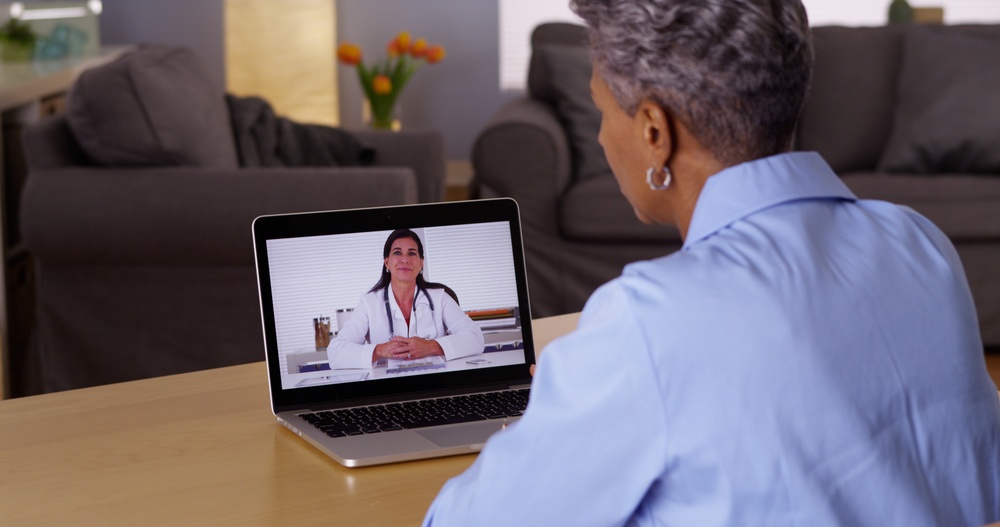Seniors can now access medical consultation from home over skype. This is an important step to protect other patients and healthcare providers from being infected. Meanwhile Virtual Reality – VR based therapy to provide mental healthcare sessions.
Healthcare providers are our most valuable asset in an outbreak situation. They are at high risk of getting infected by coming in contact with patients who have Covid-19. Consultation over Skype is to enable people who are sick or isolated to see a doctor from home. This will efficiently help the infection from spreading.
This measure could also ease the strain on resources. Numerous healthcare providers have reported scarcity of personal protective equipment’s – mask sand hand hygiene such as soap and sanitizes, potentially placing the health care provider and patients at risk.It is critical that healthcare providers should have access to the appropriate supplies so they can follow proper infection prevention and control protocols.
While telehealth is useful to an extent. If the patient needs a test or treatment, they will have to make a trip to the medical facility.
On the other hand, Virtual reality to make its way to provide mental healthcare therapy sessions. While face-to-face therapy remains optimal, a study showed that VRbased therapy is equally effective.
Using VR for telehealth therapy involves conducting “face-to-face” sessions in a virtual environment. This mode of treatment could make counseling more accessible to those living and working remotely.
The study also discovered VRbased therapy was more effective than skype-based counseling. The study compared the experiences of 30 participants aged 21 to 63, who participated in both VRbased and Skype based mock counseling sessions.Then compared participants responses in both settings to determine which type of therapy was more engaging, less stressful and preferred overall.
Results were compiled based on factors including a perceived level of presence (being there), co-presence(being together with the therapist), social presence (engaging with each other) and realism.
On almost all accounts, participants responded greatly in favor of VR based therapy sessions. The use of VR generated high levels of engagement between patient and therapist, without causing stress or feelings of sickness.
Participants reported their virtual experience was consistent with what they might expect from a face-to-face experience. This heightened sense of realism made the interaction more meaningful.
VRbased telehealth sessions could greatly produce positive clinical outcomes. VR may be the next major avenue for remote mental health care delivery.
Is this future of medical?








